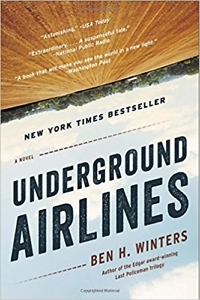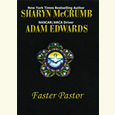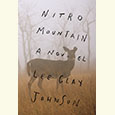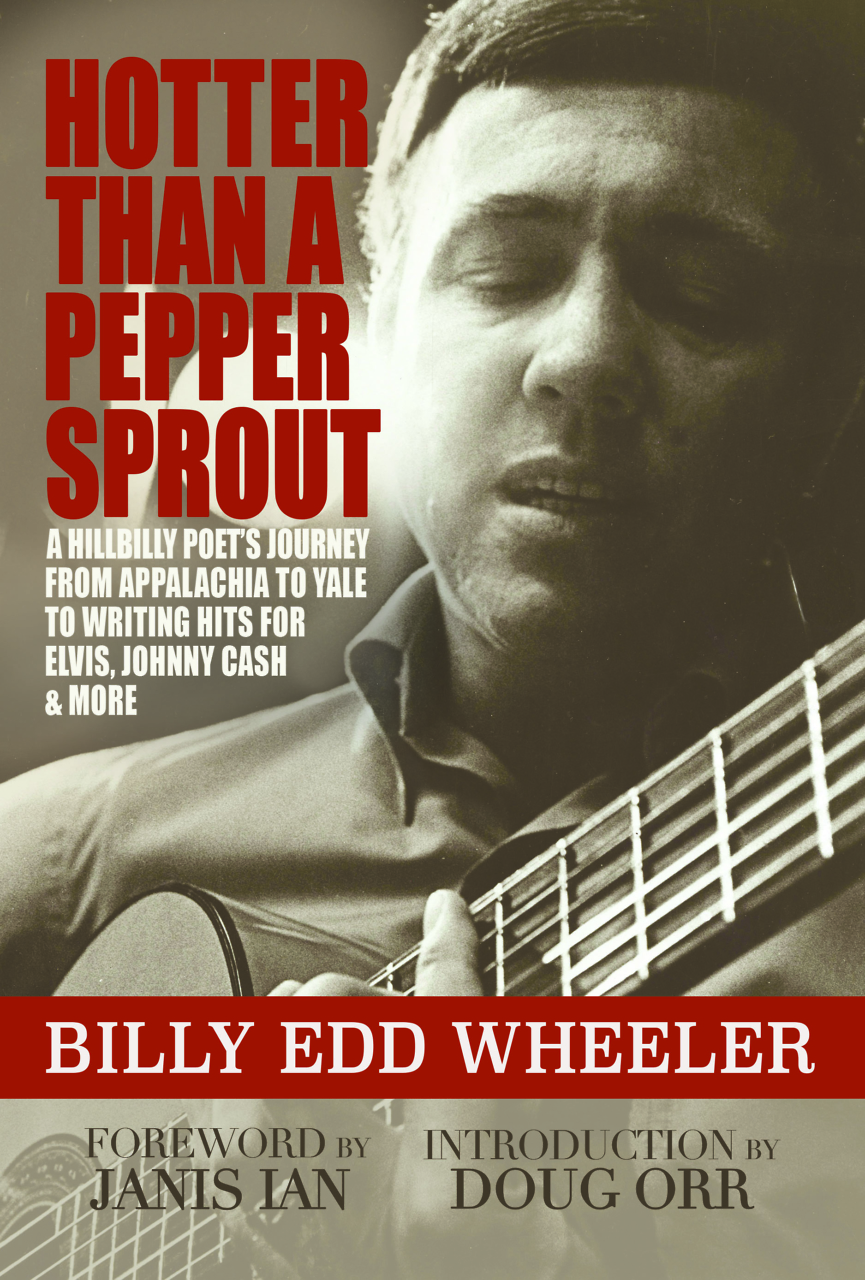The Stench of Slavery
Ben H. Winters creates an alternate history in which the Civil War never took place
Charlottesville, Virginia, largely escaped the ravages of the Civil War, an astonishing feat given the savage hand-to-hand fighting and cannonball craters scattered across nearby battlefields such as Bull Run and the Wilderness. But history didn’t stop thousands of white supremacists from descending on the bucolic college town last month, waving Confederate and Nazi flags and flanked by an entourage of the Ku Klux Klan. The violence they begat is a fresh wound in a country that once emerged scarred and shell-shocked from its bloodiest war, brother pitted against brother, American against American. Perhaps Appomattox wasn’t Appomattox, after all.
 But what if the Civil War had never happened, and the concepts behind place names—Appomattox, Gettysburg, Fort Sumter—had never existed?
But what if the Civil War had never happened, and the concepts behind place names—Appomattox, Gettysburg, Fort Sumter—had never existed?
This counterfactual setting provides the frame for Ben H. Winter’s pulse-raising Underground Airlines, an evocative literary thriller that plumbs the lingering effects of slavery with a savvy plot that bobs and weaves. In most respects Winters’s present-day America resembles our own—smart phones, CNN, Michael Jackson’s Thriller—but in a twist worthy of Dr. Who, the country’s timeline has skewed differently. In this version, the nineteenth-century debate over slavery and western settlement sparked the Fugitive Slave Act and then a series of Constitutional amendments that barred the federal government from banning the “peculiar institution.” This triumph of states’ rights shut down the Civil War before a shot was fired.
In Winters’s imagining, slavery has flourished in the Hard Four—Alabama, Mississippi, Louisiana, and a unified Carolina—because it is essential to the economic prosperity of the plantations. Against this disquieting backdrop, Victor, a forty-year-old African-American freedman, has struck a cryptic deal with the U.S. Marshals Service. A bounty hunter, he tracks down escaped slaves and repatriates them to their owners; in exchange for this work his mysterious supervisor, Mr. Bridge, keeps the government’s racist gaze away from his prized employee. With each case Victor assumes a new identity, plying his trade in shadow, a non-person outside history. He grapples with the evil inherent in his job but also grasps that it’s the ladder that will lift him further away from the bondage of his childhood.
 Victor’s trip through seedy hotel rooms and off-the-path dives is an odyssey that forms the novel’s arc, as Winters taps influences from film noir to Native Son. While Victor strays deeper into our country’s heart of darkness, confused rather than enlightened, his past and a buried sense of morality bubble to the surface. There’s even a romantic interest and a vulnerable child. Eventually he closes in on a notorious abolitionist group known as the Underground Airlines, known for spiriting escapees to safety, and the story builds to a climax behind the iron curtain of the Hard Four, with Victor’s own fate on the line.
Victor’s trip through seedy hotel rooms and off-the-path dives is an odyssey that forms the novel’s arc, as Winters taps influences from film noir to Native Son. While Victor strays deeper into our country’s heart of darkness, confused rather than enlightened, his past and a buried sense of morality bubble to the surface. There’s even a romantic interest and a vulnerable child. Eventually he closes in on a notorious abolitionist group known as the Underground Airlines, known for spiriting escapees to safety, and the story builds to a climax behind the iron curtain of the Hard Four, with Victor’s own fate on the line.
Underground Airlines plays off some of the same tropes also found in Colson Whitehead’s Pulitzer Prize-winning The Underground Railroad, which imagines an actual subway-like railroad that funnels runaway slaves to freedom (and occasionally to unspeakable tragedy). Whitehead distils the horrors of Reconstruction, while Winters—whose novel was published two weeks earlier—places them in the present, tweaking them with a dystopian spin. Grim, candid, and thrillingly written, both novels argue that the stench of slavery hangs in the air around us, and both reveal that freedom is never free. As Victor observes near the conclusion of Underground Airlines, “Every time he said that word, free, I felt sick. Lord, what they had done to this man. What they had done to me. The monsters they had made us into, prowling along, sniffing for chances.”
With Underground Airlines Ben H. Winters proves an adroit, inventive writer, prisming his tale through the conventions of speculative fiction and creating an alternative America uncomfortably like our own. Victor may not be as fully realized as Bigger Thomas or the unnamed narrator of Invisible Man, but his exploits and moral struggles mirror those of our own.
 Hamilton Cain is the author of This Boy’s Faith: Notes from a Southern Baptist Upbringing and a finalist for a 2006 National Magazine Award. A native of Chattanooga, he lives with his family in Brooklyn, New York.
Hamilton Cain is the author of This Boy’s Faith: Notes from a Southern Baptist Upbringing and a finalist for a 2006 National Magazine Award. A native of Chattanooga, he lives with his family in Brooklyn, New York.


